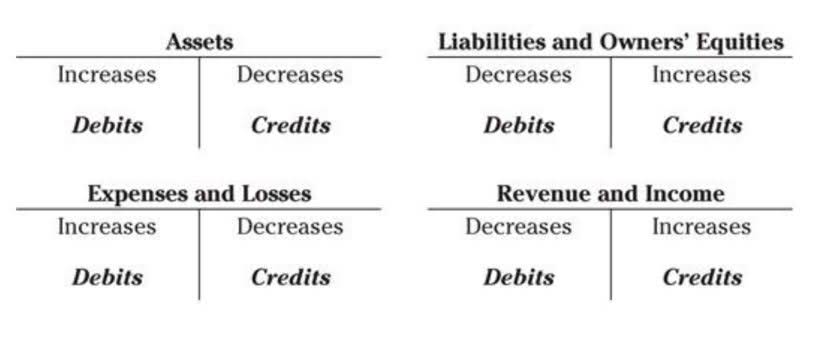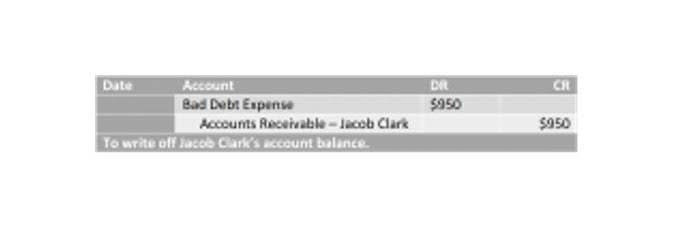
This setup provides real-time insights and streamlined communication, beneficial for dynamic and growing companies. Since the firm wants to keep a good reputation, you know that the accountants will be highly educated and experienced without having to recruit or offer good employee benefits. Simply pay a fee for the service and you can put your focus on other operations that contribute to organizational growth. While it is completely untrue that outsourced accounting is unsafe and your financial data is at risk with a trusted firm, there are nuances to the conversation. There are many firms out there that Law Firm Accounts Receivable Management are either scams presenting too-good-to-be-true offers, or false advertising their internal security protocols. Trusted firms like EA or anyone in the big 4, meanwhile, have security systems in place that far outshine in-house systems.
- Offering services starting at $10 per hour, it caters to small and medium-sized businesses across the US, UK, Canada, Australia, and New Zealand.
- Choosing between outsourced and in-house accounting can be challenging.
- Turnover can disrupt your business operations and lead to additional recruitment costs.
- Accounting plays a crucial role in business by intricately managing the monetary aspects that keep a company running smoothly.
- According to the Work Institute’s 2023 Retention Report, it costs 33% of an employee’s annual salary to replace them.
- Outsourcing offers cost savings, access to expertise, and scalability, making it an attractive option for many small businesses.
Find the Right Software for Efficient

The decision between outsourcing and in-house accounting depends on factors such as the size of your business, budget constraints, and the complexity of your accounting needs. Consider your business’s specific requirements and weigh the pros and cons of each option to make an informed decision. By In-House Accounting vs Outsourcing outsourcing accounting tasks, you free up time and resources to concentrate on your core business activities, improving overall productivity and efficiency. Moreover, outsourcing brings the advantage of accessing a diverse skill set and industry-specific knowledge. An accounting firm specializing in a particular sector can provide insights beyond conventional financial management.

Communication issues

This hybrid approach of outsourcing and in-house accounting allows you to benefit from outsourcing’s cost savings and expertise while retaining control over critical functions. In-house accountants can be more easily integrated into your company culture, fostering better team cohesion and understanding of business operations. In-house accountants can develop customized solutions that cater to your unique business needs, taking into account your industry, size, and growth trajectory. Direct access to your accounting team fosters seamless communication and quick resolution of any financial queries or concerns. Having an in-house team allows for direct supervision and control over accounting processes, ensuring they align with your company’s specific requirements and preferences.
- Bookkeeping translates to recording the financial history of a business to create a consistent picture from month-to-month.
- The work computers, for example, are all connected to the business network and the business has control over how data flows through the business.
- Moreover, outsourcing brings the advantage of accessing a diverse skill set and industry-specific knowledge.
- This could affect the quality of your financial management, as you might need access to specialized skills.
- Bookkeeping and accounting services for small businesses provide you with highly skilled and experienced professionals who put their expertise to work on your behalf.
How to Choose an Accounting Firm in Singapore?
If you’re used to in-house accounting services, it may take a little while to get used to someone on the outside handling your finances. Outsourcing your accounting by hiring a white-label accounting firm or using outsourced bookkeeping services also comes with benefits and drawbacks. For example, the average salary for an accountant can be around $52,233, which can quickly add up. Relying on an external vendor for essential accounting functions can create a dependency.

- Outsourced accounting, on the other hand, is incredibly cost-efficient.
- Moreover, securing financial data against cyber threats necessitates advanced cybersecurity measures, increasing the overall technology management burden.
- For example, having a CFO to oversee strategic financial planning, a financial controller to manage daily operations, and junior accountants for routine tasks builds a streamlined workflow.
- This can be frustrating, especially when you need quick answers or solutions.
- Meru Accounting provides comprehensive outsourced bookkeeping and accounting services for businesses worldwide.
- Maintaining up-to-date accounting software and technology presents constant challenges.
The right choice between outsourcing and in-house contra asset account accounting depends on your business needs, goals, and resources. You’ll learn about the pros and cons of each, helping you make an informed decision tailored to your business needs. We’ll provide practical tips to help you decide which approach is right for your business.
